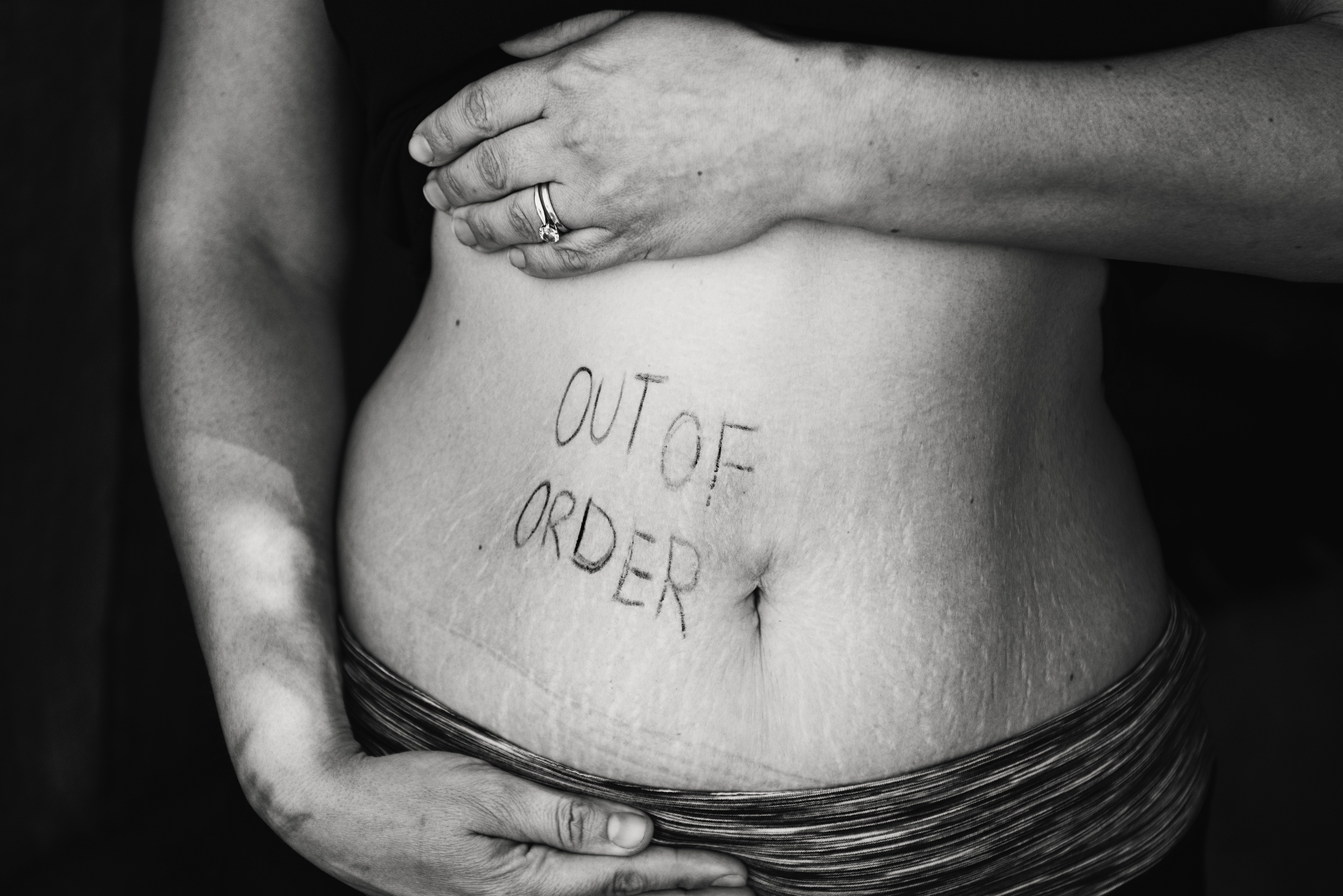
The Alkaline Diet for Beginners: What It is, What The Evidence Says and How it Works
A Beginner’s Guide to the Alkaline Diet
You’ve probably heard of the alkaline diet—celebrities tout its benefits in between promoting carb cycling and gluten-free dining—but what exactly is it?
All foods have varying levels of acidity.
Foods that are relatively low in acidity are called “alkaline” while those that are in the middle are called neutral.
But how do you know which foods are alkaline, neutral, or acidic?
Like any diet, the longer you follow an alkaline diet the more likely you are to memorize alkaline foods.
However, there are some very clear-cut numbers behind the alkaline diet. A pH level determines the acidity of a food.
Understanding the Alkalinity of Food
If a food has a pH level of 0, it’s completely acidic. A food with a pH of 14 is completely alkaline. Foods that hover around seven are neutral.
Humans naturally have a tendency towards alkalinity.
The average person’s blood has a pH balance around 7.4, which is slightly on the alkaline side. 1 1. https://www.hindawi.com/journals/jeph/2012/727630/ ×
Our stomach has a lot of acid, with an average pH balance of around 3.5. This is to help it break down food.
Urine is a wild card and has a pH based on what you eat. Eat a more acidic diet and you’ll have more acidic urine.
This is the body’s way of keeping the pH balanced in the blood.
The Alkaline Diet for Beginners: Why is Alkaline Better?
There are a lot of alleged claims around the benefits of an alkaline diet. Supporters say that it can better your health and even help with fighting cancer—we’ll get to those claims in a moment.
The purported benefits of an alkaline diet come for the idea that you can alter your body’s acidity through diet.

When the body metabolizes food, or gets energy from your diet, your body is actually burning those foods. However, it happens very slowly.
Burning food, just like anything else, leaves behind an ashy residue. The ash can be acidic, neutral, or alkaline.
For those who believe in the alkaline diet, they also believe the ash dictates how acidic your body is.
They also say that having acidic ash makes you vulnerable to diseases and illnesses, but that alkaline ash acts as a safeguard.
Which Foods are Which?
Most people who follow an alkaline diet have cheat sheets that show whether common foods are acidic, neutral, or alkaline.
You can easily find these online or you can create your own based on favorite foods. Generally speaking, acidic foods include all types of meat (including eggs), dairy products, and alcohol.
Neutral foods come from natural fats such as avocado, as well as starches and sugar.
Alkaline foods are often vegetables, fruits, legumes, and nuts. As you can see the alkaline or “good for you foods” are already what we know are healthy foods. 2 2. https://europepmc.org/abstract/med/12459890 ×
Followers of the diet often keep track of their body’s pH with simple urine test strips. This guides them towards how serious they need to be about their next diet choice. However, there’s a big problem with this approach.
As we previously discussed, different parts of the body will always have different pH levels.
If the pH balance in your blood is out of range, that’s very serious and even life-threatening—but it has nothing to do with diet and you can’t test your blood’s pH level with a urine kit.

Your urine can tell you a lot, including how acidic your diet is. This is because food easily affects urine pH level, but not blood.
If your blood’s pH levels were to become out of whack, cells would stop working and without treatment death is imminent.
However, it’s important to keep in mind that diet plays absolutely no role in the blood’s pH levels. You can’t impact blood pH levels no matter how seriously you take an alkaline diet.
The human body is an incredible machine and regulates important pH balances via acid-base homeostasis.
It’s almost impossible to actually change your vital pH levels (those in the blood). Simply put, a diet can’t change the pH balances that matter.
However, that doesn’t mean the alkaline diet is necessarily completely pointless.
Potential Benefits of an Alkaline Diet
Urine plays a very important role.
One of the primary ways the body regulates pH balances throughout the entire body is by getting rid of excess acid through urine.
That’s why if you test your urine a couple of hours after downing a New York strip, you’ll show very high acid levels. That’s your body getting rid of acid it doesn’t need.
Still, urine pH isn’t a good indicator of your body’s total pH balance or overall health. Plus, urine pH can be affected by influences beyond diet.

If you simply want a better diet (that also happens to align with low-alkaline foods), some of the most alkaline foods are.
Some Common Alkaline Foods
- All nuts and seeds
- Olive oil
- Almost all vegetables
- Almost all fruits
- Most herbs and spices except mustard and nutmeg
- Soy (within reason as it’s high in estrogen)
- Almost all beans and lentils
- Millet
- Quinoa
- Amaranth
So, Should I Try the Alkaline Diet?
Any “diet” is usually thought of as a short-term solution, usually to minimize fat.
It’s always better, healthier, and more likely to work long-term if you adopt a lifestyle change.
However, the alkaline diet in many ways reflects what we know to be a healthy diet, which includes minimal meat, dairy, and starch (simple carbs) along with plenty of vegetables, fruits, and legumes.
The interesting player in the alkaline diet is “sugar,” which is considered neutral.
Sugar has been intensely studied and has consistently shown to be addictive, full of “empty” calories, and possibly tied to a variety of diseases including Type-2 diabetes.
Most doctors will recommend added sugar to be only taken minimally, though only your doctor can recommend the best diet for you.

If you’re interested in the alkaline diet, here are a few things to keep in mind:
- An alkaline (or acidic) diet can’t actually change your blood’s pH levels. Those are the levels that matter. It might be interesting to see how your urine pH changes with diet, but it is not indicative of blood pH levels. 3 3. https://www.ncbi.nlm.nih.gov/pmc/articles/PMC4916623/ ×
- Following an alkaline diet usually just means you’re following a healthier diet overall. If you don’t think you’re eating healthy, whether it’s too much meat or too little vegetables, an alkaline diet will probably make you feel better. If followed consistently for a few weeks or months, your health will also likely improve. This isn’t necessarily because of the lack of acidity, but because you’re eating better overall.
- Your body is already doing a great job of balancing your pH levels. Unless you have a condition that affects pH levels in your body, trust that it’s doing its job. Your doctor can test for blood pH level if you’re interested but bear in mind that if they were off you’d likely be symptomatic or even in critical condition.
- An alkaline diet may help prevent diseases and illnesses—but not for the reasons it touts. Eating red meat is tied to various cancers. Eating vegetables is proven to boost healthy functions of your body. These facts simply overlap with what’s going on with an alkaline diet. 4 4. http://cancerres.aacrjournals.org/content/59/22/5704.short ×
- Any diet that has you looking at numbers can exacerbate an eating disorder. Whether it’s counting calories or acidity levels in foods, this type of nitpicking can “feed” an eating disorder (which is a psycho-emotional disorder). Be wary if you think you’re prone to such a disorder. 5 5. https://www.sciencedirect.com/science/article/pii/S0272735898000099 ×
An alkaline diet can be a healthy option for many people, but only if it works for you and if your doctor approves.
However, there’s no magic diet that will guarantee you the perfect body or health.
Have you tried an alkaline diet before? Comment below.

I’ve never tried the alkaline diet before, but it’s nice to know that most alkaline foods fall into a vegan diet (which I do follow). Eating whole, healthy foods just makes the most sense! Thanks for the article, Nicki